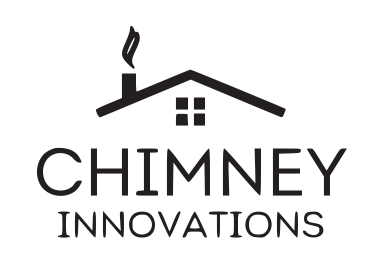Supports
Includes Level 1 Inspection and reinstallation
Service Request and Initial Preparation
Book the Service
- Choose a Professional: Select a qualified fireplace technician experienced with pre-fabricated units. Confirm that they offer both Level 1 inspections and reinstallation services.
- Confirm Details: Verify the service scope, including what’s covered in the Level 1 inspection and specifics of the reinstallation.
Prepare the Area
- Clear the Fireplace Surroundings: Remove any items around the fireplace, such as furniture and decorations, to create a clear workspace.
- Protect the Area: Lay down protective coverings like drop cloths or plastic sheets to catch dust and debris.
Safety Measures
- Ensure Proper Ventilation: Open windows or use fans to ventilate the area, minimizing dust buildup and exposure.
- Wear Protective Gear: Equip yourself with a dust mask, gloves, and safety glasses to protect from soot and debris.
Conducting the Level 1 Inspection
Inspection of the Fireplace Unit
- Firebox Examination: Open the fireplace and inspect the interior firebox for visible issues such as soot buildup, cracks, or damage.
- Internal Components Check: Examine logs, burners, and other internal parts for proper placement and any signs of malfunction or excessive wear.
External Assessment
- Vent System Review: Inspect the external venting system, including the vent cap and termination point, for blockages or damage.
- Surrounding Area Inspection: Look at the hearth and surrounding wall for any potential damage or wear.
Document Findings
- Record Issues: Note any problems discovered during the inspection, such as excessive debris, cracks, or parts needing repair.
Cleaning and Maintenance
Setup Cleaning Equipment
- Gather Tools: Collect cleaning tools appropriate for pre-fabricated fireplaces, including brushes, vacuums, and specialized cleaners.
- Prepare the Area for Cleaning: Position the vacuum and other equipment to efficiently manage dust and debris during the process.
Firebox Cleaning
- Remove Debris: Vacuum out ash, soot, and other loose debris from the firebox.
- Deep Clean: Use brushes to scrub the firebox interior, focusing on removing stubborn soot and residue.
Burner and Logs
- Clean Burner: Inspect and clean the burner, removing any obstructions or buildup.
- Clean Logs: Remove, clean, and reposition the logs or decorative elements, ensuring they are free of dust and properly aligned.
Reinstallation Process
Disassemble (if needed)
- Remove Components: Carefully disassemble any parts that need reinstallation, such as logs or burners, and inspect them for damage.
Reinstall Fireplace Components
- Reassemble the Firebox: Reinstall any components that were removed during cleaning. Ensure they are properly aligned and secured.
- Position Logs and Burner: Place the logs and burner back into their designated positions.
Verify Connections
- Check All Connections: Ensure all gas or electrical connections are secure and functioning correctly.
- Test Operation: Conduct a test to ensure the fireplace operates correctly and safely after reinstallation.
Final Inspection and Reporting
Post-Service Review
- Check for Residual Issues: Inspect the fireplace and surrounding area to ensure no debris remains and that all components are functioning properly.
- Clean Up: Remove protective coverings and vacuum any residual dust from the area.
Provide a Report
- Detail Findings: Offer a comprehensive report detailing the inspection results, the cleaning performed, and the reinstallation process.
- Suggest Recommendations: Provide advice on any further repairs needed and recommend a maintenance schedule to keep the fireplace in good condition.
Maintenance Advice
- Regular Inspections: Recommend scheduling annual inspections and cleanings to ensure continued safe and efficient operation.
- Safety Tips: Share best practices for using and maintaining the fireplace to prevent common issues.
Key Points to Remember
- Level 1 Inspection: A basic visual check suitable for well-maintained pre-fabricated fireplaces. For more thorough assessments, consider advanced inspection levels.
- Certified Technicians: Ensure that the service is performed by professionals who adhere to industry standards for safety and quality.
